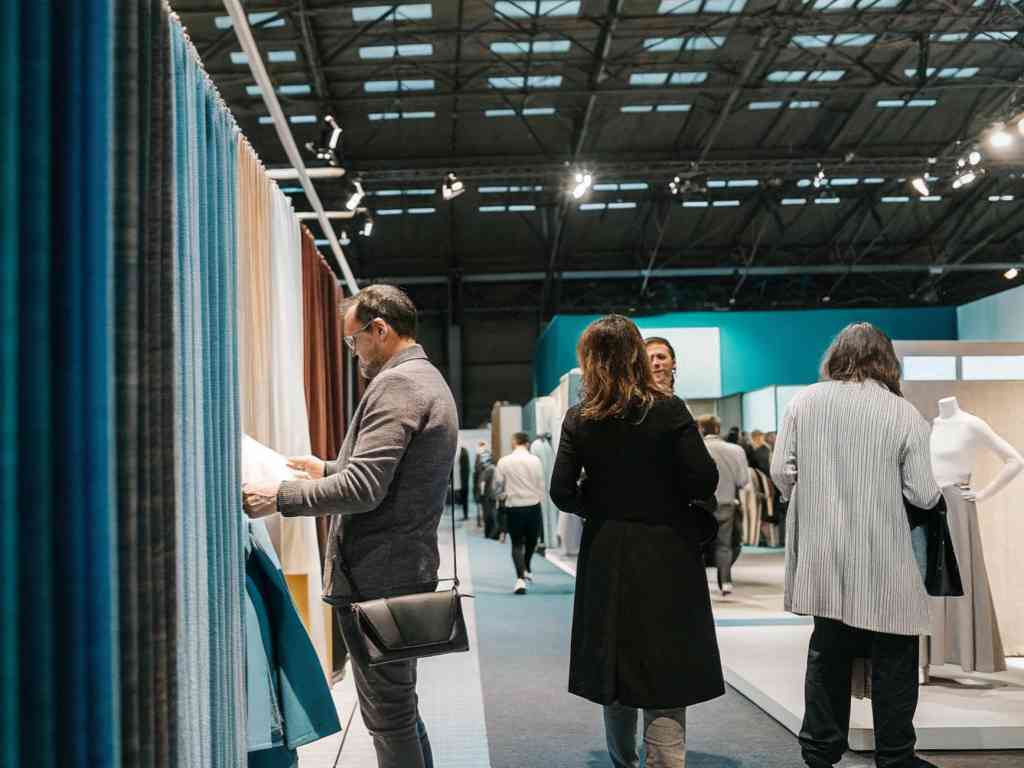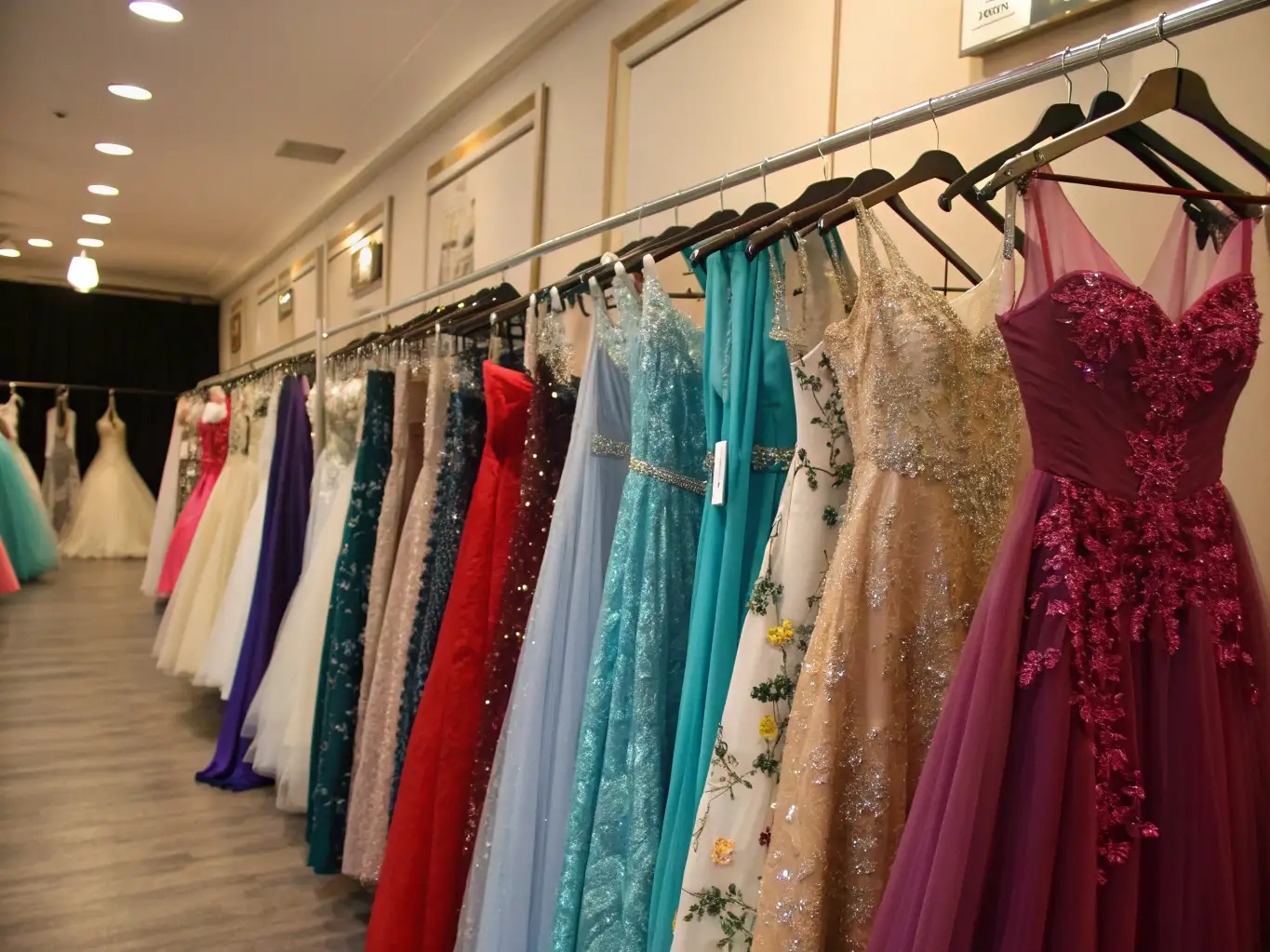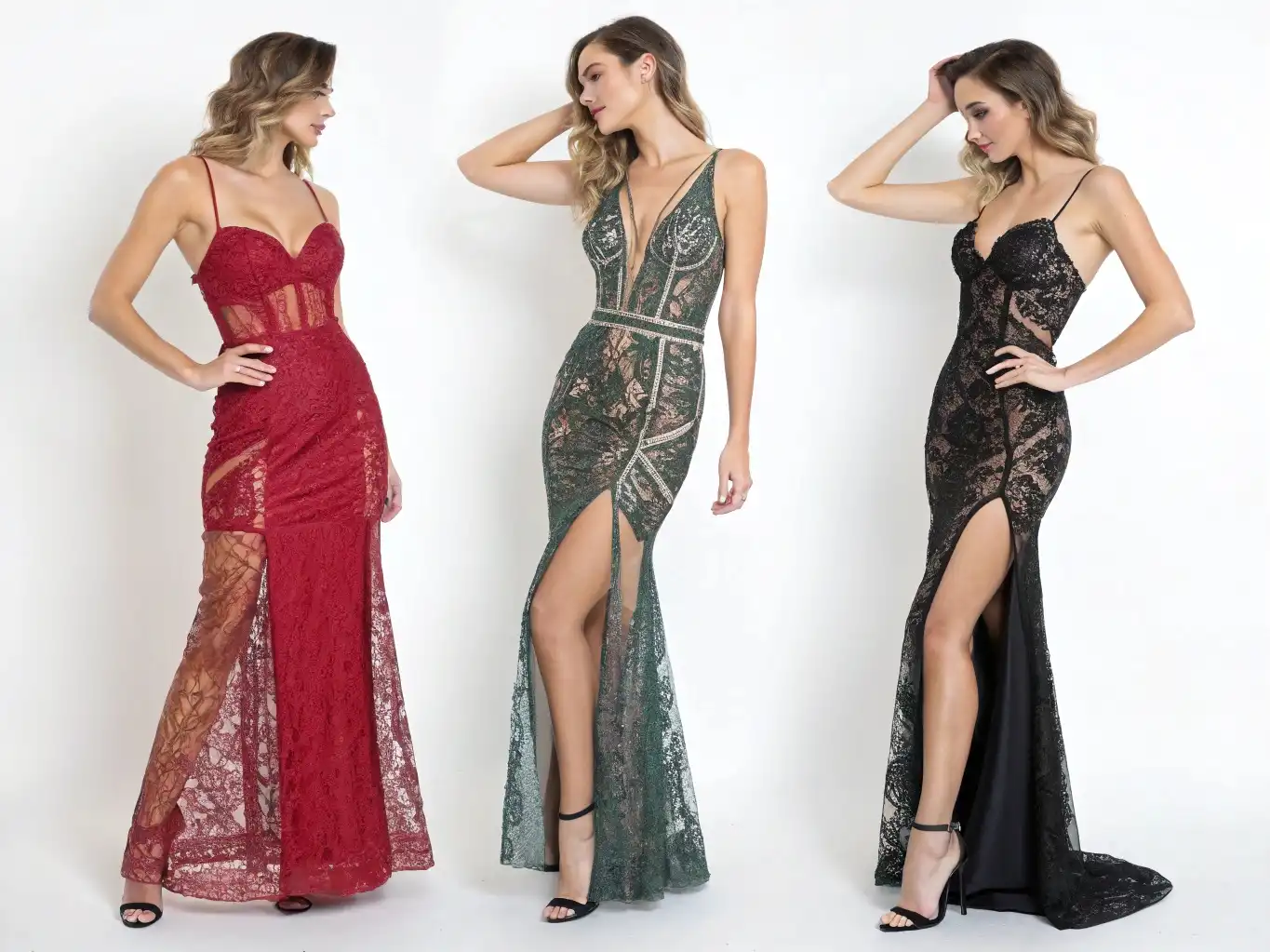Sourcing the right fabric is where many fashion dreams stall. A bad supplier can delay your launch, ruin your product, or wreck your margins.
A good fabric supplier meets your quality standards, fits your budget, delivers on time, and grows with your brand. Finding one means asking the right questions and testing the relationship early.
In my early days, I thought a fabric that looked good on a swatch was enough. But one delayed shipment—and one poorly dyed roll—taught me that due diligence is everything.
What Makes a Fabric Supplier “Good” for Your Business Needs?
Not every supplier fits every business. What’s “good” depends on your priorities.
A quality supplier aligns with your price point, production needs, and values. Whether it’s low MOQs1 for a startup or certified organic cotton for a sustainable brand, compatibility is key.
Should you prioritize quality, price, lead time, or low MOQs?
The answer depends on your brand stage:
- Startups need low MOQs and consistent delivery.
- Growing brands may shift toward pricing and scale.
- Premium fashion labels often focus on quality and exclusivity.
Make a priority list. You rarely get all four—but you can balance them with compromise.
Do certifications like OEKO-TEX2 or GOTS matter when choosing suppliers?
Yes—especially for sustainability-driven brands.
- OEKO-TEX: Ensures textiles are free from harmful chemicals.
- GOTS: Global Organic Textile Standard; covers organic status and ethical labor.
- GRS/RCS: For recycled materials.
Certifications add credibility and help with marketing, but also confirm your supplier’s reliability.
Where Can You Search for Reliable Fabric Suppliers?
Knowing where to look can save weeks of trial and error.
Top sources include online marketplaces, B2B platforms, trade expos, and referrals from industry insiders. Each has pros and cons depending on your goals.
Are trade platforms like Alibaba, SwatchOn, and Fabric Wholesale Direct trustworthy?
They can be—if vetted properly.
- Alibaba: Thousands of suppliers, with reviews and filters. Look for Gold Suppliers and trade assurance.
- SwatchOn: Specializes in Korean fabrics. Transparent pricing and sample ordering are easy.
- Fabric Wholesale Direct: U.S.-based, good for fast swatching and small batches.
Always request swatches and sample yardage before committing to bulk.
Can attending trade shows or fabric expos help you connect with suppliers?
Absolutely—and they offer unmatched advantages.
- Face-to-face trust: Meet sales reps and touch fabrics directly.
- Instant comparisons: See dozens of vendors in one place.
- Sourcing insight: Ask direct questions about MOQ, lead time, and innovation.
Events like Première Vision, Texworld, MAGIC, or Intertextile Shanghai are goldmines for serious sourcing.
How to Vet a Fabric Supplier Before Placing an Order?
Due diligence is everything—especially with overseas suppliers.
Vetting includes checking business legitimacy, communication habits, sample quality, and logistics reliability. Never skip this step, no matter how attractive the quote.
What questions should you ask about MOQ, delivery time, and sampling?
Ask these early:
- What is your MOQ per color/style?
- Can you provide lab dips or swatches before production?
- What are your lead times for sampling and bulk?
- Are you open to modifications or small reruns?
- Do you offer credit terms or require full prepayment?
The clarity and speed of their answers reveal a lot about how they operate.
Should you request swatches or visit the factory (virtually or physically)?
Yes—and here’s how to do it smartly:
- Swatches: Request color cards and actual cuttings (not just photos).
- Sample yardage: Test fabric on your patterns before bulk orders.
- Virtual tour: Many factories now offer video walkthroughs.
- Physical visit: If budget allows, nothing beats seeing production firsthand.
Document all approvals by email to avoid “he said, she said” issues later.
What’s the Difference Between Local and Overseas Suppliers?
The choice affects price, delivery time, flexibility, and sustainability.
Domestic suppliers offer communication ease and speed. Overseas manufacturers provide better pricing and broader fabric options—especially for volume orders.
Are domestic suppliers better for communication and faster turnaround?
Usually, yes.
- Same time zones make real-time updates easier.
- Shorter shipping times cut lead times by 50–70%.
- Easier to resolve disputes or conduct factory visits.
However, U.S. and EU suppliers often have higher MOQs and steeper costs.
Can offshore manufacturers offer better pricing at scale?
Yes—and that’s why they’re popular.
- China, India, Pakistan, and Turkey offer fabric mills at competitive prices.
- Vietnam and Indonesia are rising for sustainable blends and small-batch capacity.
But watch out for long transit times, customs clearance delays, and miscommunication if not managed well.
What Are Common Red Flags When Dealing with Fabric Suppliers?
Even a perfect-looking quote can hide major issues.
Unreliable communication, vague pricing, or missing paperwork are signs to pause. Good suppliers are transparent, organized, and proactive—not reactive.
How to spot unreliable communication, vague pricing, or poor reviews?
Watch out for:
- Delayed or evasive replies
- No clear pricing breakdown or fluctuating quotes
- No company address or phone number
- Few or no online reviews/testimonials
- Poor grammar in business emails (often a sign of less professional teams)
Ask for references from past clients, especially for long-term deals.
What contract terms and payment methods protect your business?
Set these in writing:
- Clear lead time and delivery schedule
- Defined payment terms (e.g., 30% deposit, 70% before shipment)
- Refund/return policy on defective fabric
- Specification agreement for GSM, weave, dyeing method
Use Trade Assurance3 (Alibaba) or secure platforms like Payoneer or LCs (for large orders). Avoid 100% upfront payments without legal contracts.
Conclusion
Finding a good fabric supplier takes more than a Google search—it requires smart questions, testing, and clear expectations. Whether local or offshore, your supplier should be a partner—not a wildcard. Take your time to find the right fit, and your entire production process will thank you.
-
Learning about low MOQs can help startups manage costs and inventory effectively, ensuring a smoother launch process. ↩
-
Understanding OEKO-TEX certification can help you ensure your fabric is safe and sustainable, which is crucial for your brand’s reputation. ↩
-
Exploring Trade Assurance can provide insights into how to safeguard your investments when sourcing fabrics online. ↩






